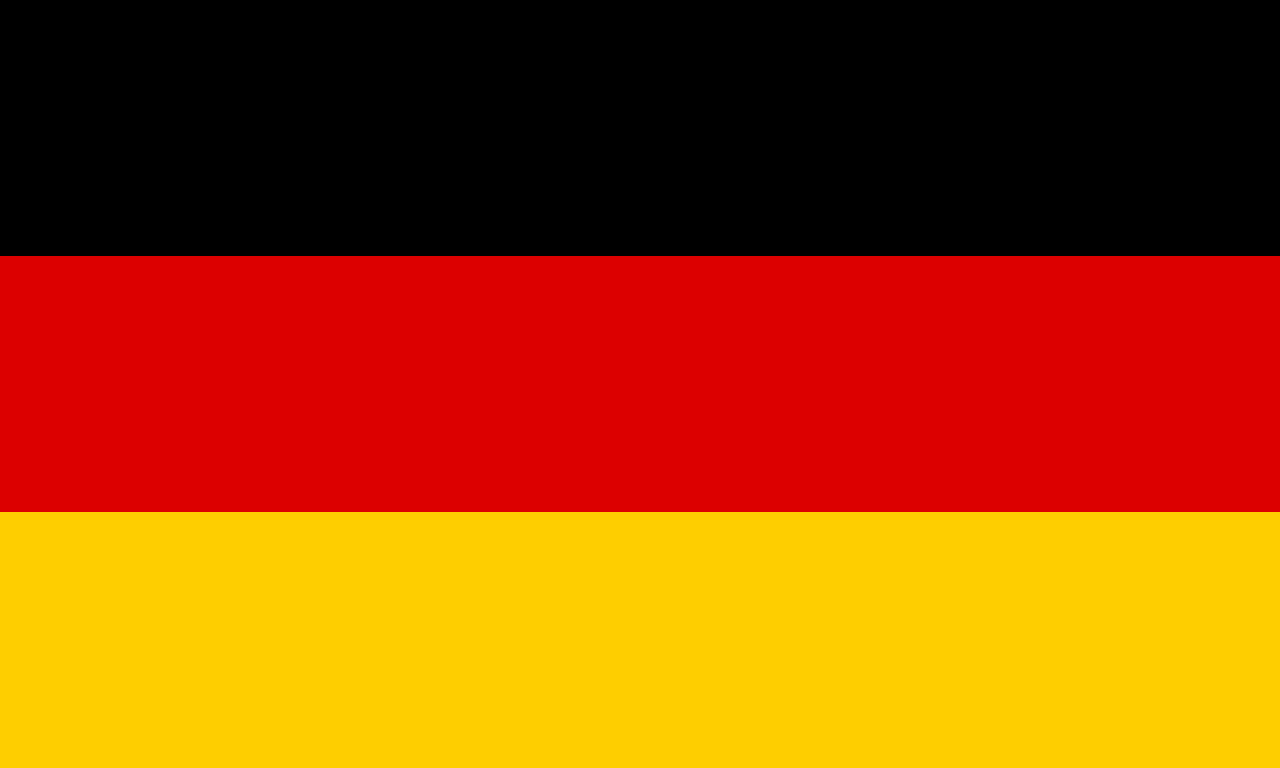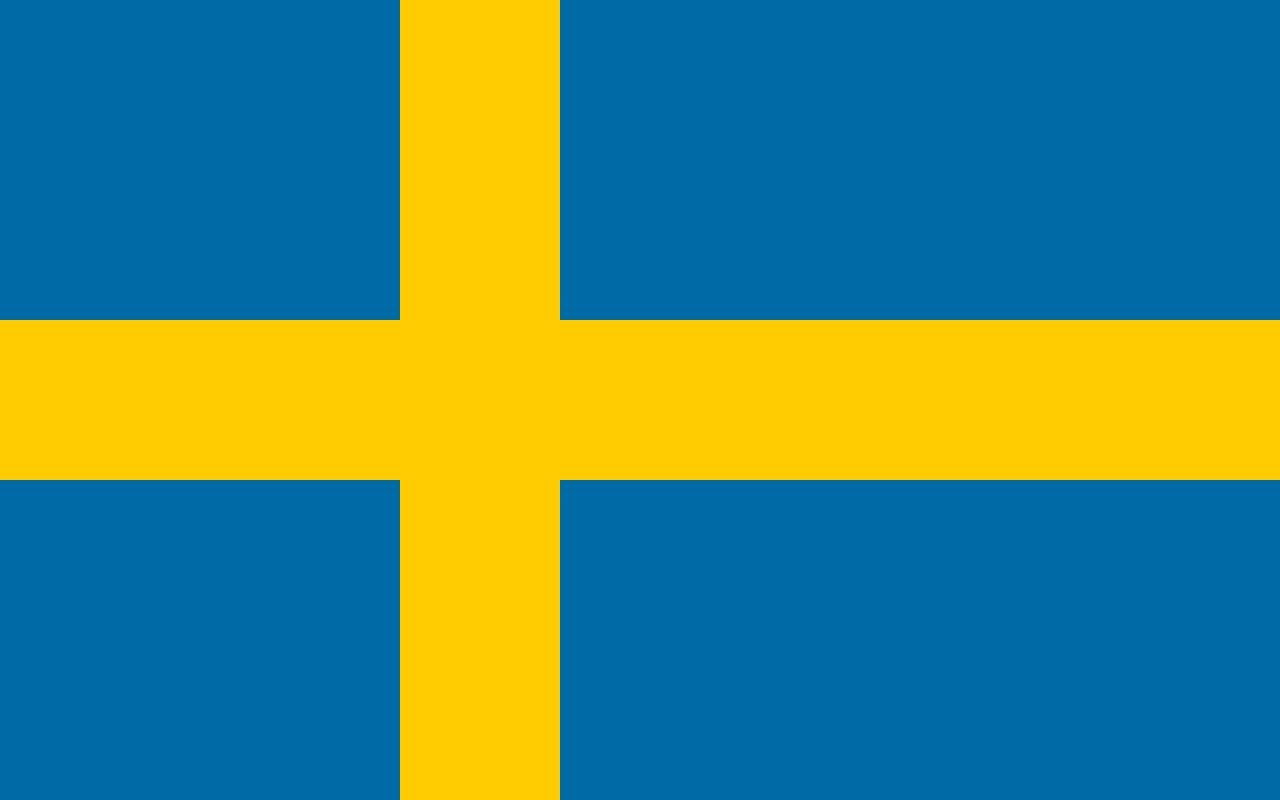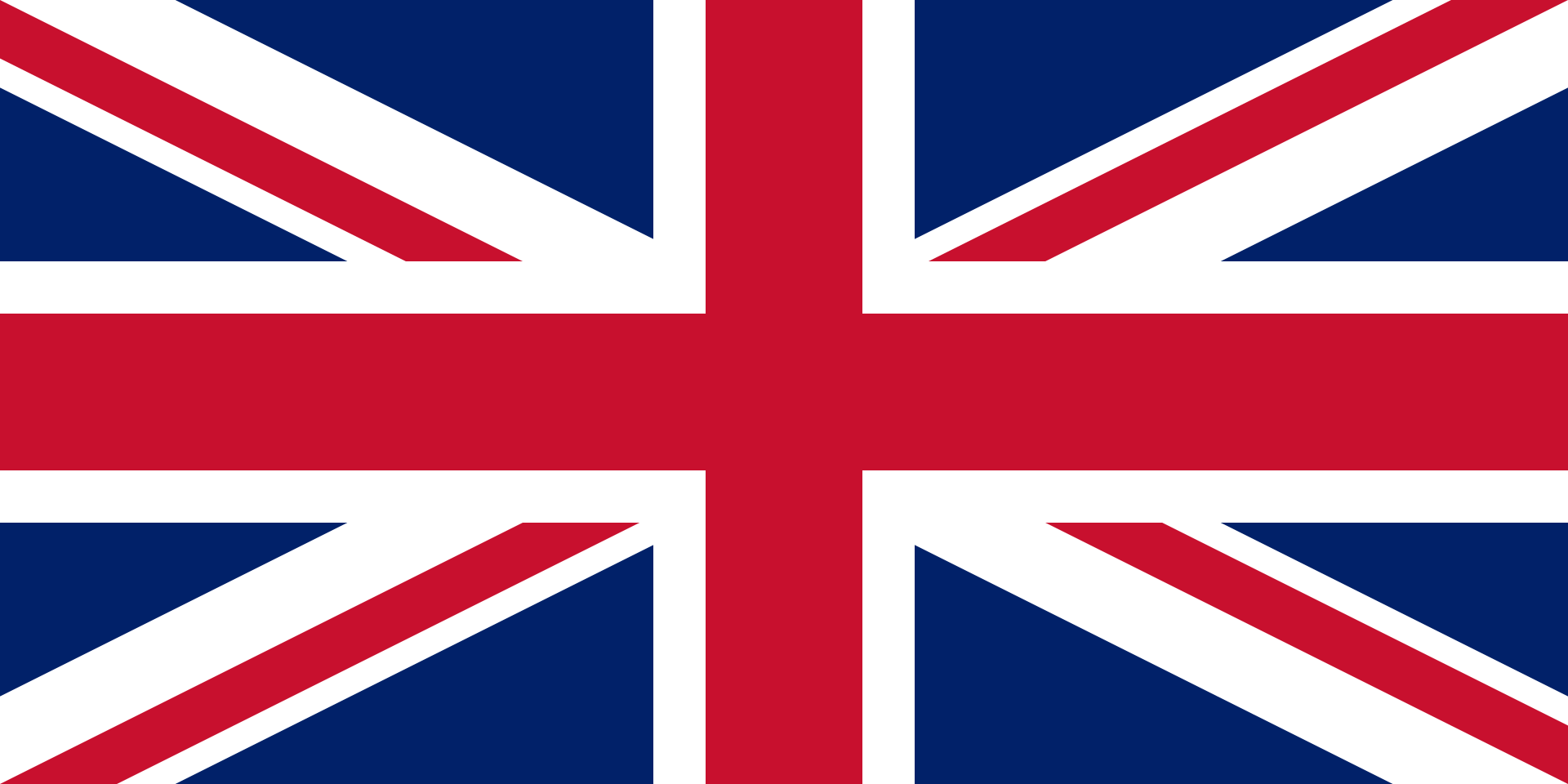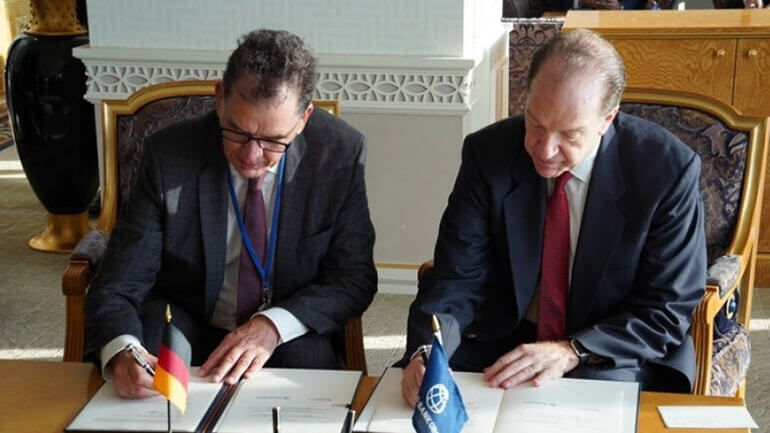PROGREEN is an Umbrella 2.0 multi-donor trust fund (MDTF) administered by the World Bank. The Global Partnership was launched in 2019 when Germany joined PROGREEN’s Partnership Council and, through the Federal Ministry of Economic Cooperation and Development (BMZ), provided the initial seed funding. Sweden then joined as a development partner to PROGREEN in December 2021, followed by the United Kingdom in June 2024.



